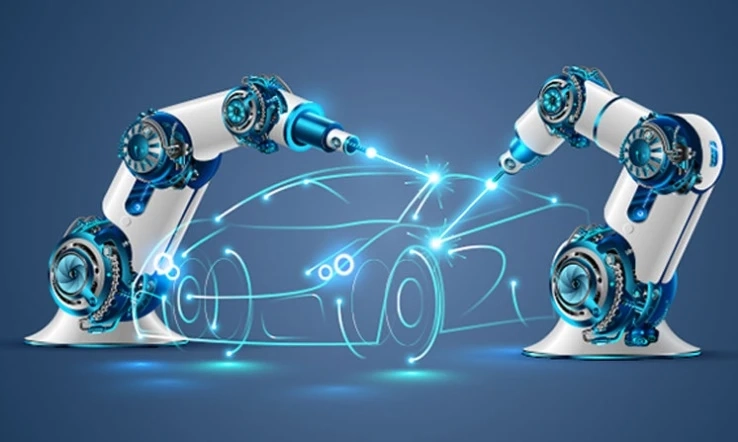Automation has emerged as a driving force behind innovation and efficiency in automotive manufacturing. Automotive manufacturing automation refers to the integration of automated processes and technologies in the production of vehicles, from assembly line operations to quality control measures. This article will explore the various facets of automotive manufacturing automation, its impact on the industry, and the future implications of this technological advancement.
Understanding Automotive Manufacturing Automation
Automotive manufacturing automation encompasses a range of technologies and systems designed to streamline production processes and improve productivity in the automotive industry. From robotic arms performing repetitive tasks on assembly lines to advanced machine learning algorithms optimizing supply chain management, automation plays a pivotal role in modern automotive manufacturing facilities.
Automation in automotive manufacturing enables companies to achieve higher levels of precision, consistency, and speed in the production process. By replacing manual labor with automated systems, manufacturers can minimize errors, reduce production costs, and increase overall efficiency. Moreover, automation allows for greater flexibility in production scheduling and adaptation to changing market demands.
Benefits of Automotive Manufacturing Automation
The adoption of automation in automotive manufacturing brings forth a multitude of benefits for both manufacturers and consumers alike. For manufacturers, automation leads to significant cost savings through reduced labor expenses and enhanced operational efficiency. Additionally, automation enables manufacturers to produce vehicles with higher levels of accuracy and quality, resulting in fewer defects and recalls.
From a consumer perspective, automotive manufacturing automation translates into improved vehicle reliability, safety, and performance. Automated production processes ensure that vehicles are built to precise specifications, adhering to strict quality standards throughout the manufacturing process. As a result, consumers can have greater confidence in the vehicles they purchase, knowing that they have been manufactured using advanced automation technologies.
Challenges and Considerations
While automotive manufacturing automation offers numerous advantages, it also presents certain challenges and considerations for industry stakeholders. One of the primary challenges is the initial investment required to implement automated systems and infrastructure. While automation can lead to long-term cost savings, the upfront capital expenditure can be substantial, especially for smaller manufacturers.
Another consideration is the potential impact of automation on the workforce. As automated systems replace manual labor in certain tasks, there is a concern about job displacement and the need for retraining and upskilling workers to adapt to the changing technological landscape. However, proponents of automation argue that it can create new job opportunities in areas such as maintenance, programming, and supervision of automated systems.
Future Outlook
Looking ahead, the future of automotive manufacturing automation appears promising, with continued advancements in technology driving innovation and efficiency in the industry. As automation technologies become more sophisticated and cost-effective, we can expect to see further integration of automation across all aspects of automotive manufacturing, from design and prototyping to final assembly and testing.
Final Word
By embracing automation, manufacturers can unlock new levels of productivity, efficiency, and quality, paving the way for a future characterized by innovation and competitiveness. While challenges may arise along the way, the benefits of automation far outweigh the drawbacks, offering a pathway to sustainable growth and success in the automotive sector. As we look to the future, the continued evolution of automotive manufacturing automation promises to reshape the industry and drive progress in exciting new directions.


